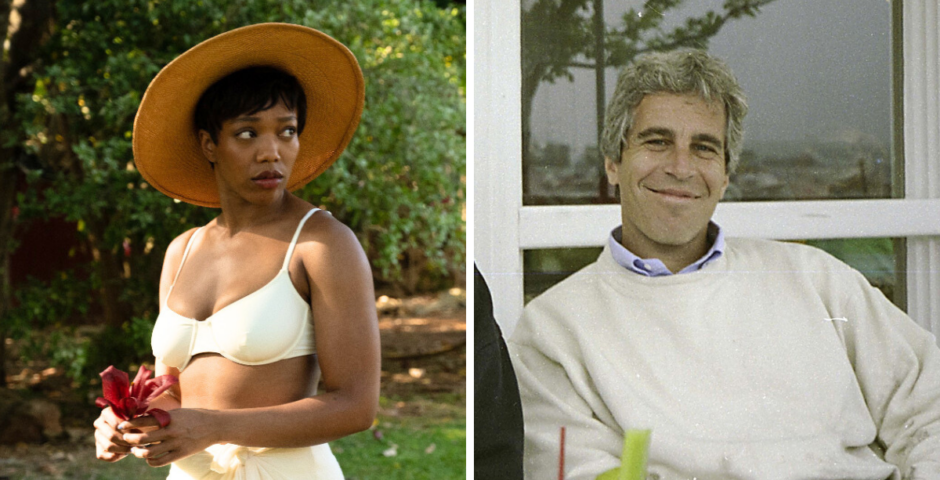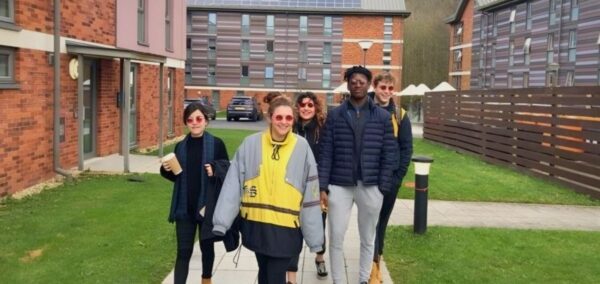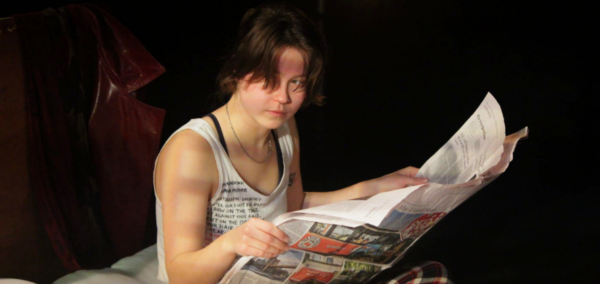
The Bristol Beacon re-opens in spectacular fashion after a five-year renovation
The iconic city-centre venue first opened in 1867 and is hosting free opening weekend events
The largest music venue in south-west England opened its doors for the first time in five years this Thursday following extensive renovation work.
Having been closed in 2018 after serious structural issues were discovered, the building now boasts four world-class performance spaces, including a 2,100-capacity hall. The venue is expected to deliver over 800 events a year and generate an estimated £13 million per year for the economy.
Boasting exposed Victorian brick and some of the highest levels of physical accessibility of any music venue, the opening night was fittingly graced by the Bristol-based Paraorchestra, an ensemble composed of artists of mixed physical abilities.

Paul Blakemore
The group was joined onstage by Surgeons Girl, a local electronic music producer, and Limbic Cinema who provided a visual feast projected on the walls behind the orchestra. They certainly gave the new venue the opening it deserved, taking the audience through a journey of eerily dissonant yet symbiotic sounds.
Like any other city, Bristol’s music venues have struggled with closures in recent years with big names like Blue Mountain and Old Crown Courts all shutting their doors permanently.
With a jam-packed lineup including Sophie Ellis Bextor, Orbital, and Annie Mac planned for the next few months, Bristol Beacon seems to be filling a desperate cultural void.
If that wasn’t enough, the Bristol Beacon boasts some of the best acoustics of any concert hall in Europe, with the likes of the Strasbourg Philharmonic Orchestra, the London Symphony Orchestra, and the Dresden Philharmonic set to play this season.
Gulia Spadafora
Before its closure, the venue hosted The Rolling Stones, the world-famous composer Rachmaninoff, and David Bowie, to name a few.
Although the re-opening was met with excited guests and a dazzling performance, the planned two-year revamp of the iconic venue has not been without controversy. In 2020 the decision was made to change the name of the erstwhile Colston Hall to Bristol Beacon to “shine a light on the unsung heroes and hidden stories of our past, and to provide an open and welcoming home for the voices of the future.”
The renovation was also hit by financial obstacles after initial building work exposed further debilitating damage to the Victorian building, meaning the work took three years longer than planned and costs spiralled to £123 million, smashing through the original budget of £48 million.
Bristol Council has faced criticism for the extortionate price tag given the cost of living crisis, contributing £84 million to the project, more than eight times the original £10 million figure. They didn’t front the cost entirely alone, however, as the renovation made up Arts Council England’s second-largest investment this century.
Bristol’s Labour Mayor Marvin Rees has wholeheartedly backed the renovation, saying: “If we hadn’t taken on this project, we would have a heritage building right in the middle of the city, surrounded by boarding, slowly deteriorating- a negative drag on the city centre economy.
“When you take all that into account, it’s worth the money and it will be a huge boost to Bristol’s economy and creative sector.”
You can find out what events are lined up here.
Featured image credit Giulia Spadafora




















